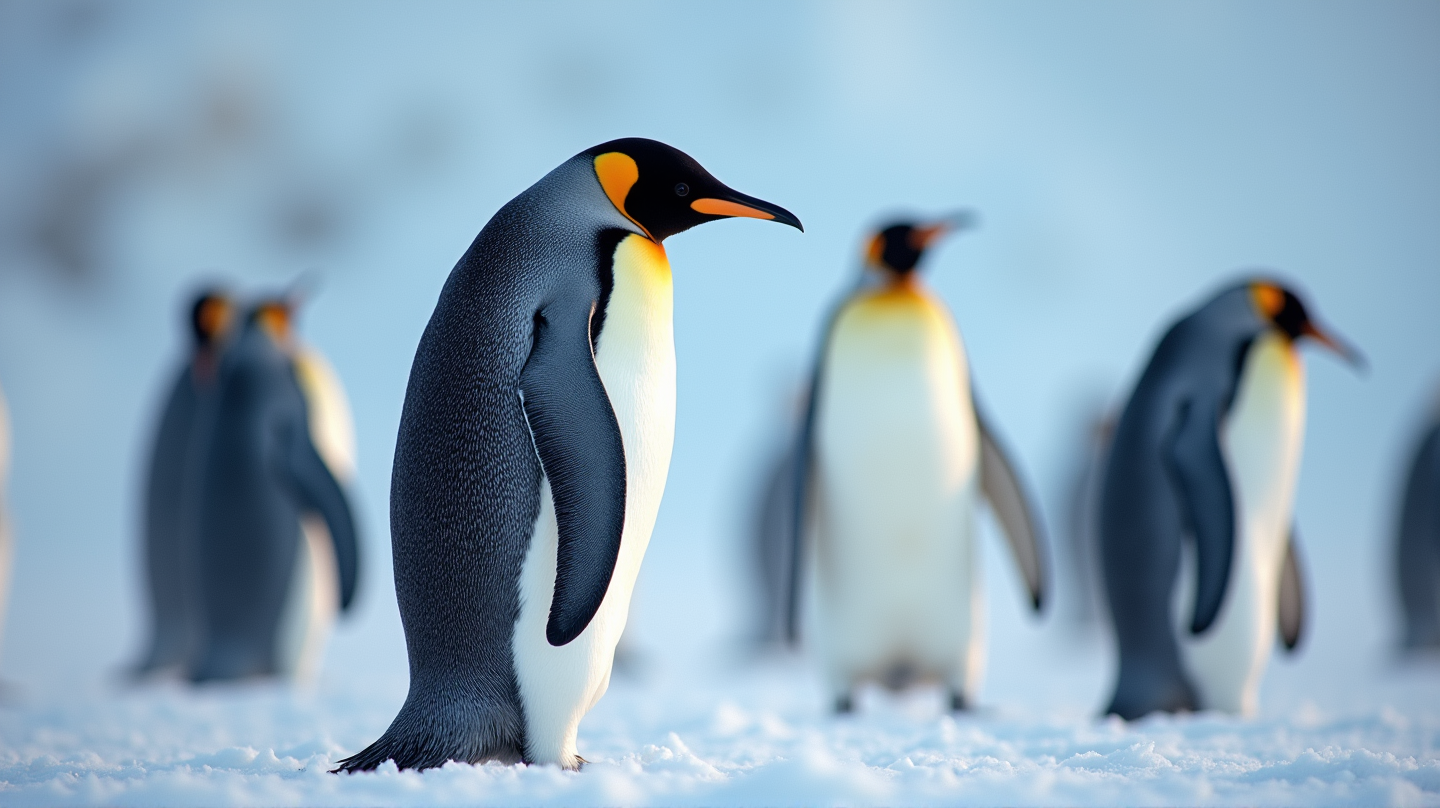May 2025 has become a month of marvel in the scientific community. Groundbreaking accomplishments have reshaped our understanding of human health and nature’s intricate connections. According to mezha.net, here are the highlights that captivated the world.
A World-First: The Human Bladder Transplant
A remarkable feat in medical history, 41-year-old Oscar Larrainzar became the first person to receive a successful bladder transplant. This surgery, made possible through years of meticulous preparation and research, marks a hopeful stride forward for patients who suffer from severe bladder conditions. As medical professionals celebrated this breakthrough, the world watched in awe, envisioning new horizons in surgical possibilities.
Nature’s Subtle Climate Warriors: Penguins
In an unexpected revelation, scientists have found that Adélie penguins on the Antarctic Peninsula play a crucial role in cloud formation. By releasing gases from their guano that aid in creating “cloud seeds,” these charming creatures help cool the Earth by reflecting sunlight. By understanding these hidden heroes of climate regulation, we can appreciate the intricate links between wildlife and our planet’s health.
Precision in the Brain: A New Era in Gene Therapy
The field of genetic science celebrates a leap forward with the development of a cutting-edge system designed to deliver genes precisely to specific neurons in the brain and spinal cord. This innovation, funded by the U.S. National Institutes of Health, promises future treatment possibilities for debilitating conditions such as Parkinson’s and Alzheimer’s, offering hope to countless individuals affected by these diseases.
The Trumpet Call: Rising Skepticism over “Golden Dome”
U.S. President Donald Trump’s ambitious $175 billion missile defense project, “Golden Dome,” faces growing skepticism. Experts highlight the daunting technical challenges of intercepting intercontinental missiles. As discussions continue, this initiative has sparked debates over practicality, technological limitations, and the intersection of science and policy.
Humans and Mental Health: A Microscopic Link
The journal Exploratory Research and Hypothesis in Medicine presents intriguing findings that oral bacteria may impact mental health, suggesting a transmission path through intimate contact with partners. This highlights a new dimension in understanding the biological factors influencing mental well-being.
Rediscovering History: The Magna Carta’s True Identity
Adding a twist of historical excitement, scholars discovered that a seemingly unimportant replica of the Magna Carta is, in fact, an original copy from 1300. This finding reaffirms the Magna Carta’s enduring legacy as a cornerstone of human rights.
A Vision for the Future: Infrared Contact Lenses
With Chinese researchers’ development of contact lenses that enable infrared vision, possibilities abound. This advancement holds the potential for transforming color blindness management and enhancing security measures, standing as a symbol of technological ingenuity.
Global Temperatures and Urgent Calls for Change
The World Meteorological Organization’s latest report warns of persistently high global temperatures over the coming years. This calls for immediate global action to address the ongoing climate crisis, uniting nations to preserve our planet’s future.
May 2025 has been a reminder that the fabric of science continually weaves innovation and discovery, inviting us to ponder its endless possibilities.
